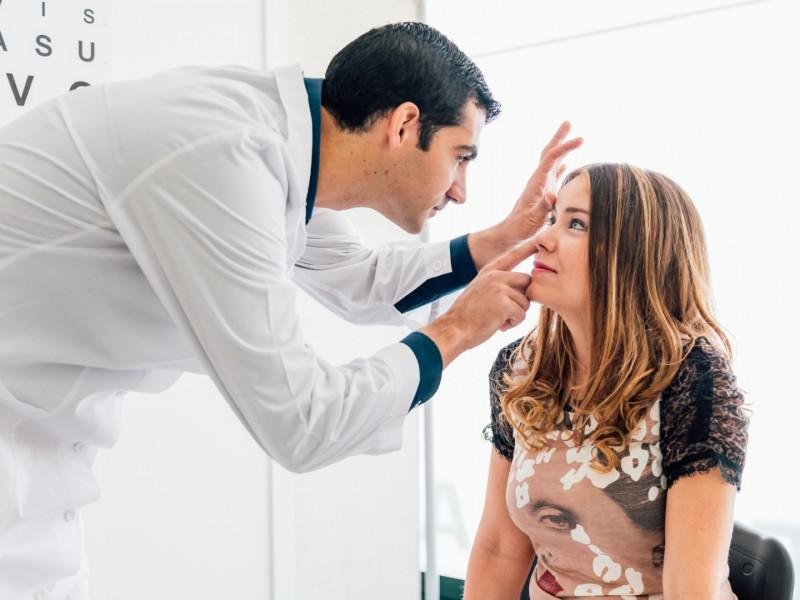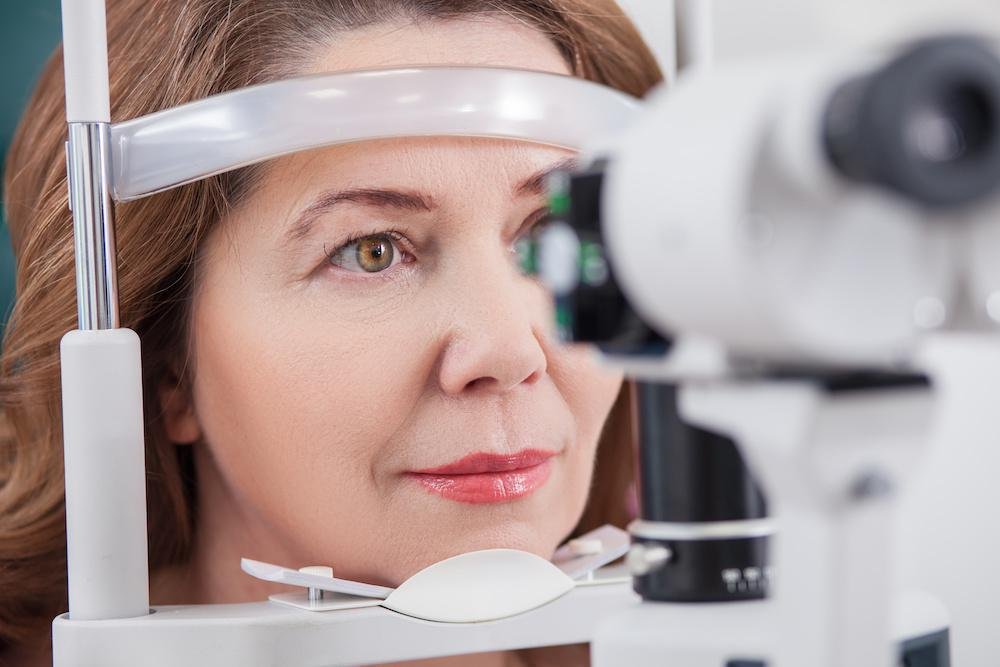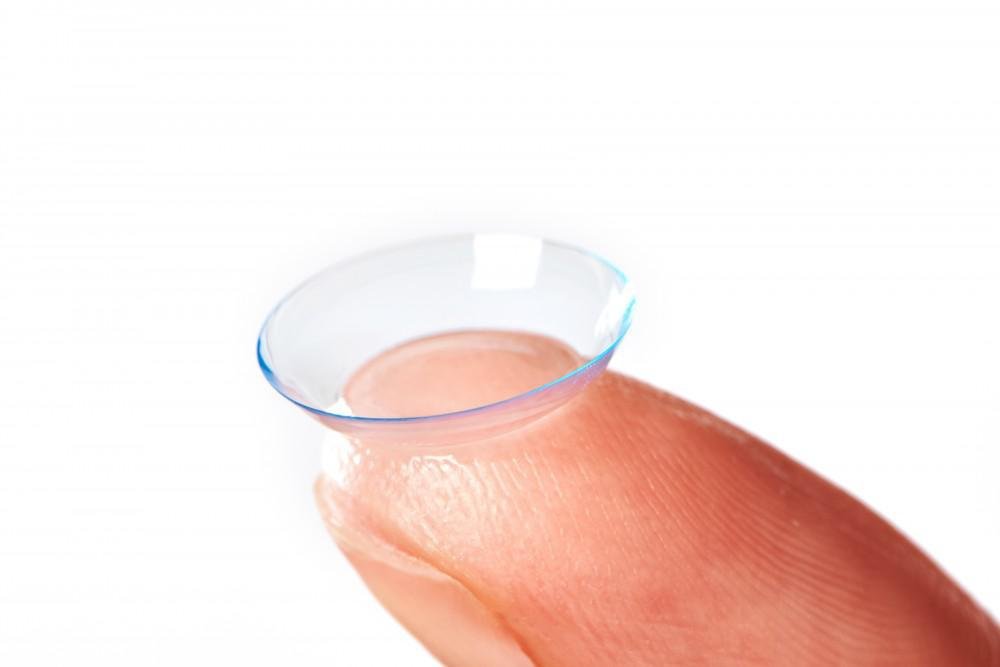
- Sunglasses with UV Protection. Our eyes need protection from ultraviolet radiation, just like our skin. Wearing sunglasses is important, and choosing a pair that provides 100% UVR protection will help you guard against future issues, such as cataracts or skin cancer of the eyelids.
- Goggles. Most of us will spend time in the pool this summer, but keep in mind that chlorinated water can really hurt your eyes. This chemical is designed to protect you from germs, but can also have an adverse short-term effect on your eyesight. Wearing goggles will help your eyes feel better while you are cooling off.
- Hats. Even if you are wearing your sunglasses outdoors, wearing a hat with a brim will give you additional protection. Basal cell carcinoma is a form of skin cancer that typically affects the eyelids, so keeping them covered will protect you from developing this health issue.
- Don’t Forget The Children. All of these protections are important for children, too. While keeping them safe from any detrimental effects from the sun, it will also help them to build lifelong habits that will be beneficial. A child’s ocular lens does not filter out UV light quite as well as an adult’s, either, so following these tips can help to prevent serious damage to young eyes.
- Environmental Protection. Dust or sand in your eyes can be a real threat since foreign bodies such as these can cause abrasions to both the eye and the cornea. Corneal injuries will usually heal in a day or two, but if that injury has come from outdoor pursuits such as yard work, which will involve machinery and larger foreign objects, the risk is often greater. Protecting your eyes with protective eyewear will shield both your eyes and face will go a long way to protecting your vision this summer.
- Take Good Care of Yourself. Many foods are rich in nutrients that can improve eyesight and help to prevent any long-term vision problems from developing. Adding foods high in vitamins C and E to your diet will assist with the symptoms of age-related macular degeneration and cataracts, for example. During the warm summer months, people are often more likely to experience dehydration, which can affect eyesight, too; this makes it harder for your body to produce tears, leading to dry eyes and other vision issues.
- Good Sleep. Even during the fun-packed months of summer, you should try to get plenty of good sleep. Rested eyes are important, keeping you alert and ready for traveling, swimming, camping, and all the other amazing summer activities you’ve been looking forward to. Guard against decreased cognition so that you can handle any visual task that comes your way.
Here at Classic Vision Care, we have the safety and well-being of your eyes in mind. We also care about fun! We hope our tips on how to protect your eyes this summer will help you to make this the best summer yet. Call us today for all your eye care needs. We’re here for you!
You Might Also Enjoy…
Are Glasses Better than Contacts?
Trying to decide between wearing eyeglasses or contact lenses? Consider all the factors, including comfort, ease, and appearance. We’ve compiled a list of pros and cons to help you see your way through this significant decision.
Why Sunglasses are Important All Year Long
No doubt you always have your favorite shades close by all summer. But sunglasses protect your eyes all year long, even during darker winter months. Learn how they shield your eyes from harmful ultraviolet (UV) rays any time of year.
How Astigmatism Affects Your Vision
Astigmatism causes a variety of symptoms ranging from blurred vision to eye discomfort and pressure. Understand how a comprehensive eye exam can pinpoint the cause of your symptoms and get your sight back on track.
Who Is at Risk for Glaucoma?
Could you be at risk for glaucoma? The short answer is that everyone, especially seniors, is at risk for glaucoma. Learn how to lessen your odds of losing your sight through early detection and treatment.
5 Steps to Prevent Diabetic Eye Disease
People with diabetes are more vulnerable to certain eye diseases, such as glaucoma, cataracts, and diabetic retinopathy. Learn what steps you can take to slow their progression and potentially avoid them in the first place.
Am I a Candidate for Contact Lenses?
If you need vision correction, contact lenses are a popular option. If you’re simply tired of your glasses or just looking to see the world more clearly, discover whether contact lenses may be the perfect fit for you.






